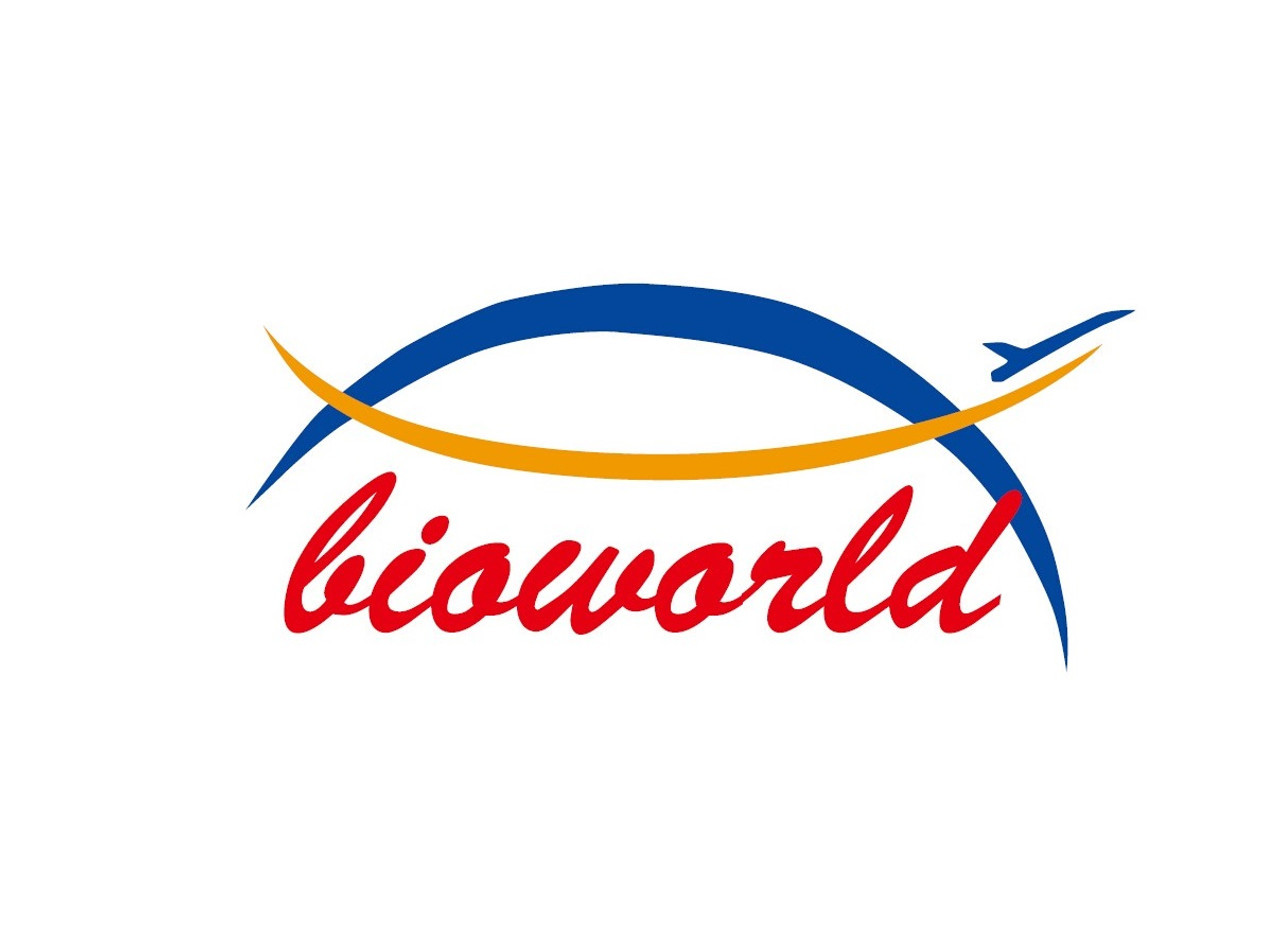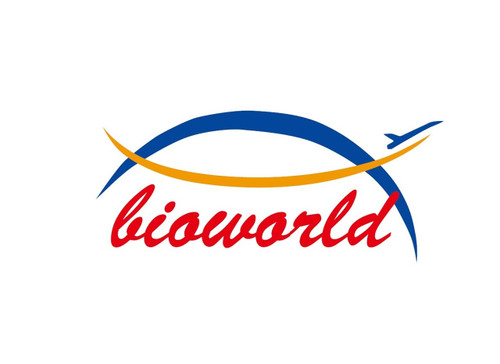Product Description
HSL (phospho-S855) polyclonal Antibody | BS4234 | Bioworld
Host: Rabbit
Reactivity: Human,Mouse,Rat
Application: IHC
Application Range: IHC: 1:50~1:200
Background: HSL (hormone-sensitive lipase), a cytosolic neutral lipase regulated by reversible phosphorylation, catalyzes the rate limiting step in triglyceride lipolysis. HSL hydrolyzes stored triglycerides to free fatty acids in adipose and heart tissues. In organs with steroidogenic tissues, such as small intestine, HSL converts cholesteryl esters to free cholesterol for steroid hormone production. HSL is highly expressed in jejunal enterocytes and in the mucosa of the small intestine. Two major isoforms of HSL have been described resulting from the use of alternative translational start codons. The short isoform is expressed in adipose tissue while the long isoform is expressed in steroidogenic tissues such as testis. The long isoform, often referred to as testicular HSL contains an N-terminus of approximately 300 amino acids not present in the short isoform of HSL.
Storage & Stability: Store at 4°C short term. Aliquot and store at -20°C long term. Avoid freeze-thaw cycles.
Specificity: p-HSL (S855) polyclonal Antibody detects endogenous levels of HSL protein only when phosphorylated at Ser855.
Molecular Weight: ~ 85, 115 kDa
Note: For research use only, not for use in diagnostic procedure.
Alternative Names: Hormone sensitive lipase; Hormone sensitive lipase testicular isoform; Hormone-sensitive lipase; HSL; LHS; Lipase hormone sensitive; LIPE; LIPS;
Immunogen: Synthetic phosphopeptide derived from human HSL around the phosphorylation site of Serine 855.
Conjugate: Unconjugated
Modification: Phosphorylation
Purification & Purity: The Antibody was affinity-purified from rabbit antiserum by affinity-chromatography using epitope-specific immunogen and the purity is > 95% (by SDS-PAGE) .
Pathway: Regulation of Actin Dynamics,Hypoxia Signaling,
 Euro
Euro
 USD
USD
 British Pound
British Pound
 NULL
NULL








